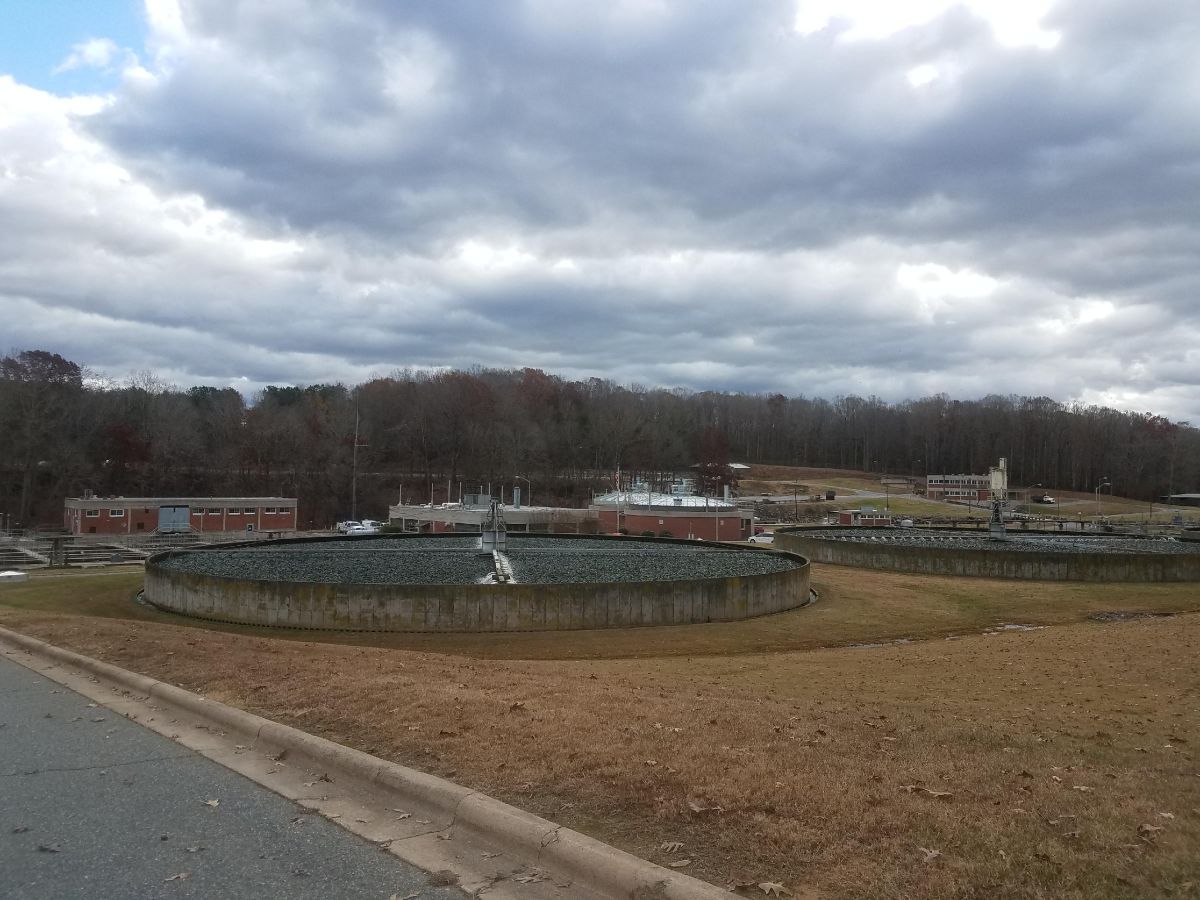
Copublished with Carolina Public Press
RALEIGH — Gov. Roy Cooper announced Wednesday a spending plan for state government and an outline for using the state’s remaining federal coronavirus funding, but his roughly $1.5 billion proposal was quickly dismissed by General Assembly leaders ahead of next week’s legislative session.
Supporter Spotlight
Cooper wants to use roughly $560 million in state funds for a relief package that includes $200 million for local governments, $2,000 bonuses for educators, $86.5 million for disaster recovery and increases in unemployment benefits.
The disaster funds are to provide the state match for federal disaster funding, including $15 million for Hurricane Matthew, $40 million for Hurricane Florence, $3.5 million for Hurricane Dorian, $4 million for Hurricane Isaias and $24 million for recent earthquake damage in Allegheny County.
The governor also wants to raise the maximum weekly payout for state unemployment benefits to $500 and double the benefit period to 24 weeks.
He also included Medicaid expansion under the federal Affordable Care Act in his plan, last year’s main budget sticking point, citing the pandemic and a bleak outlook for further federal aid as further driving home the need for expansion, which has now been enacted in some form by 38 states.
Asked why his push for expansion wouldn’t just lead to another drawn-out budget fight, Cooper bristled.
Supporter Spotlight
“First, unlike last year, we’re in the middle of a pandemic,” he said, before launching into a defense of the plan.
Cooper said the failure to come up with a new plan in Washington makes Medicaid expansion even more important.
“I wish that Congress and the president hadn’t left Washington,” he said. “I wish they had stayed there until they came to some agreement on unemployment compensation, on helping states and local governments, on providing more money for health care and testing and personal protective equipment, but they didn’t.”
North Carolina, he said, is now in a position where it is fighting for every federal dollar.
Even before Wednesday’s announcement in Raleigh, legislative leaders had rejected the governor’s plan.
In a joint statement ahead of the governor’s press conference Senate budget writers, including Sen. Harry Brown, R-Onslow, accused the governor of misrepresenting the state’s balance sheet and said they were pressing ahead with their own plan.
In an interview Wednesday with Spectrum News, House Speaker Tim Moore, R-Cleveland, said the legislature was also developing its own plans to spend the remaining federal COVID-19 relief funds.
Rep. Pat McElraft, R-Carteret, said the legislature’s spending plan is already in the works, but it’s unclear yet what the final package will look like.
“My understanding is that we will have some COVID-related bills and some spending bills for the CARES federal money,” McElraft said Thursday in a text message to Coastal Review Online, referring to the federal Coronavirus Aid, Relief and Economic Security Act.
In early May, legislators agreed on a spending plan for $1.6 billion of the roughly $4 billion the state received from the CARES Act, passed by Congress in late March. About $481 million of the funds went directly to the state’s three largest counties, Wake, Guilford and Mecklenburg.
Plans for the rest of the money have been on hold awaiting further federal action, including additional aid and greater flexibility in how states can use the coronavirus relief funds. The legislature set aside $300 million in funds in its initial bill with the intent to fill a widening budget gap at the North Carolina Department of Transportation once the state is granted the flexibility to do so.
In announcing his plan, Cooper said with negotiations on another round of federal aid stalled for more than a month, it’s time to go ahead and allocate the remaining $552 million in CARES Act money.
His plan would combine that and reallocate some of the unspent funds in the initial round to raise the total available in federal aid to $978 million. By law, the state must allocate the funds by the end of the year or risk losing them.
Cooper’s plan also includes another $150 million in direct aid to counties, which will be disbursed on a per capita basis. In addition, another $50 million — $25 million for cities and towns and $25 million for counties — would be available to local governments through a competitive grant process to be managed by the North Carolina League of Municipalities and the North Carolina Association of County Commissioners.
McElraft said the legislature already allocated $150 million in the first round of coronavirus relief funding and isn’t likely to approve additional help. She said counties are expected to share the first round of funds with their municipalities.
The governor is also proposing two bonds, a $4.3 billion education and infrastructure bond that would go before voters in November 2021 and a $998 million special indebtedness bond for health infrastructure investments, that would not require approval from the voters.
Cooper said Wednesday the health infrastructure bond could be quickly put in motion. Major spending proposals for it include $250 million for high-speed internet access for telehealth services and $275 million for vaccine and public health research.
The bond plan would also allocate $50 million for renovations and expansion of the Department of Environmental Quality’s main laboratories at its Reedy Creek complex, a key priority for the department.
The legislature is expected to resume Thursday at noon, but it’s as yet unclear how long legislators will remain in Raleigh.







